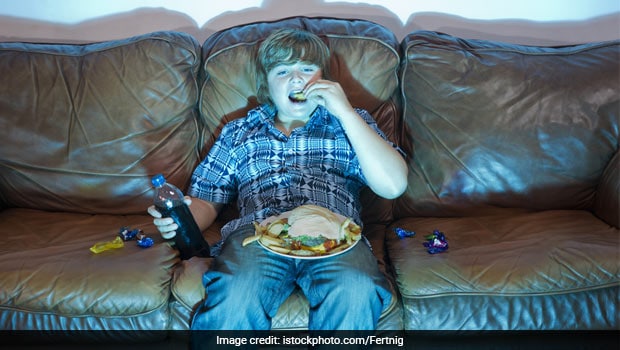There can be many reasons behind obesity in children, where genetics is often given more weightage for playing a significant role. Other than that, personal diet, of course, has its own part to play. While eating habits may be credited to an individual's behavioural trait, a child's family structure can also be held responsible. A new study has revealed that single children without siblings were more likely to be obese than children with siblings! This may be a bit hard to believe but the scientists claim to have conducted concrete tests for the same. The study was conducted by the researchers at University of Oklahoma Health Sciences Center and the findings were published in the Journal of Nutrition Education and Behavior, by Elsevier.
According to the study results, families with multiple children tend to make more healthy eating decisions than families with a single child. Lead author Chelsea L. Kracht, who completed the research during her PhD program alongside Dr Susan Sisson at the University of Oklahoma Health Sciences Center, Oklahoma City, OK, USA, said, "Nutrition professionals must consider the influence of family and siblings to provide appropriate and tailored nutrition education for families of young children."
(Also Read: How to Get Your Kids to Eat Healthy: 8 Easy Tips)

The study claims that single children are more likely to obese.
The team collected data from 12 areas with mothers and teachers maintaining logs of children's diet over a period of three days - two weekdays and one weekend day. Mothers were also asked to fill out the Family Nutrition and Physical Activity questionnaire to observe the diet pattern and food and drinks choices of their families. It was found that mothers of only-children, who the researchers referred to as 'singletons', were more likely to be obese themselves. And, their households demonstrated less healthy family eating practices than those with more than one child.
"Healthier eating behaviours and patterns may result from household-level changes rather than peer exposure, as peer exposure is also present in away-from-home care," Dr Kracht said. "Efforts to help all children and families establish healthy eating habits and practices must be encouraged," she added.






